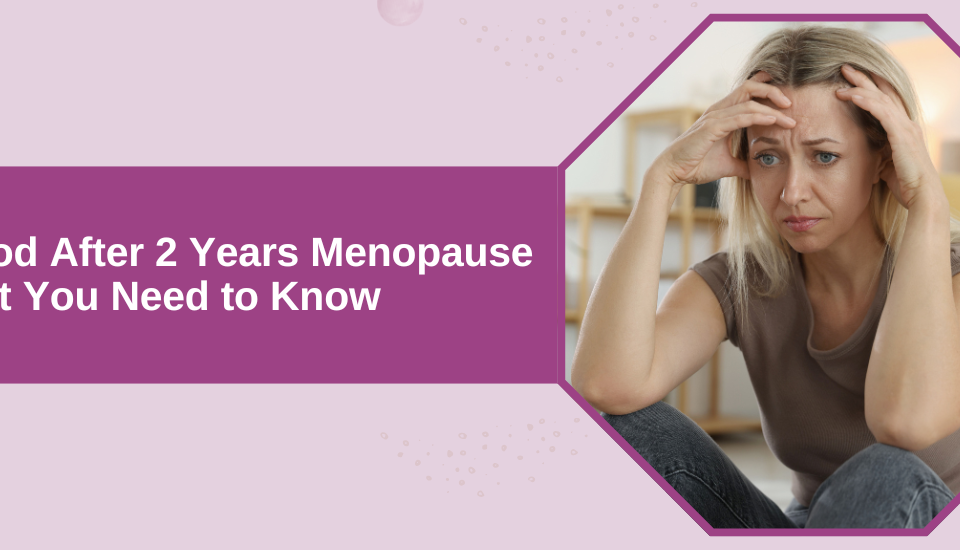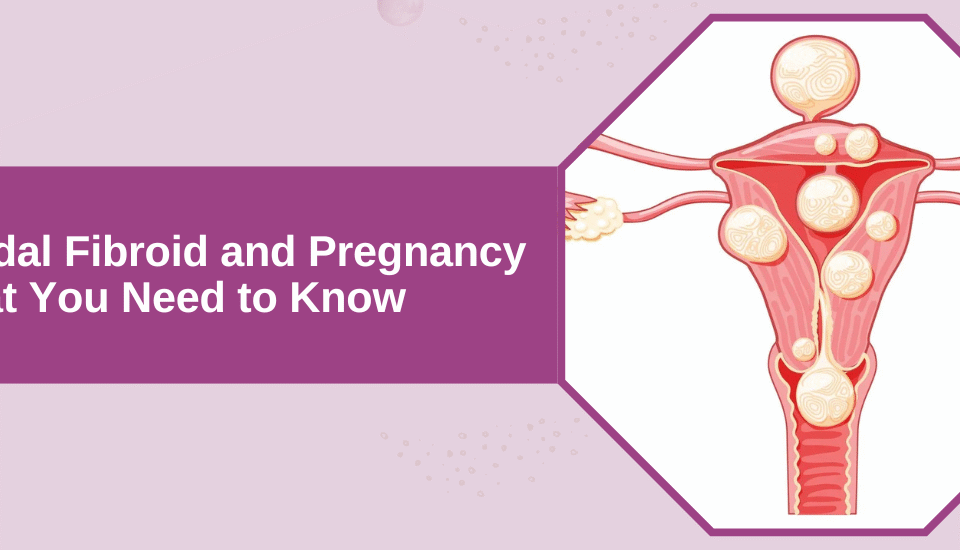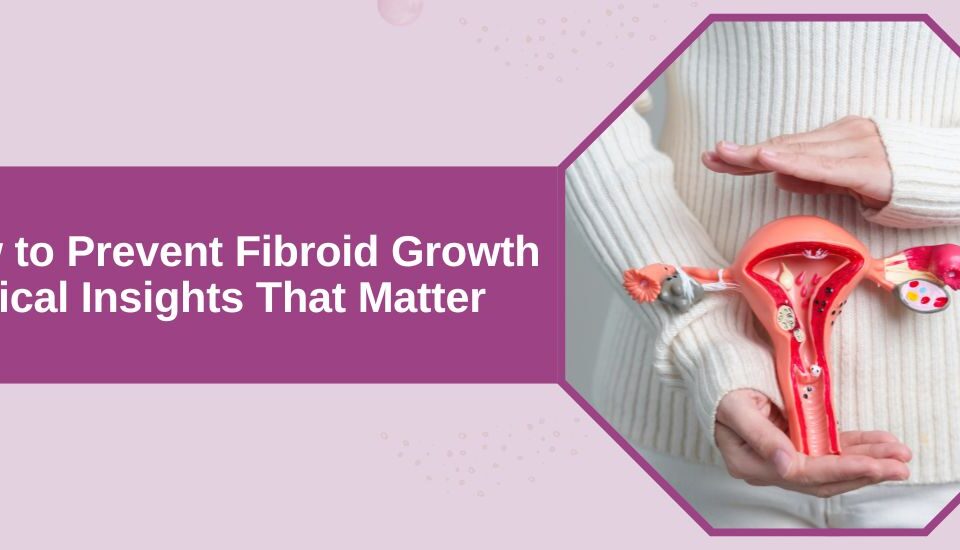- Have any questions?
- +91-98717 17305
- babiesandus12@gmail.com
IVF Babies disadvantages?

IVF Injections Side Effects: The Real Picture
August 19, 2025
Does Ginger Cause Miscarriage in Early Pregnancy?
September 22, 2025The desire to welcome a child is one of the oldest and most profound human experiences. Yet, infertility affects around 48 million couples worldwide, according to the World Health Organization, and an estimated 27.5 million couples in India are impacted, leading many to explore assisted reproductive technologies like IVF. While IVF has brought immense joy, it also comes with its share of anxieties. Many parents often ask: Are IVF babies different? Could there be hidden disadvantages?

Dr. Hrishikesh Pai, an accomplished IVF doctor in Mumbai, says: “It is natural for parents to wonder if IVF babies face extra health concerns. Science has made incredible strides, and most IVF children are as healthy as naturally conceived ones. But acknowledging concerns openly helps parents feel supported and informed.”
Curious what parents usually worry about when considering IVF babies? Let’s break it down step by step.
What are the possible concerns parents have about IVF babies?

When couples consider IVF, several doubts cross their minds. These concerns are often shaped by social myths, old medical studies, or a lack of information. Some of the most common worries include:
Birth Defects
Parents sometimes fear that IVF babies may have higher risks of congenital anomalies. While some studies have noted a slightly increased risk, modern IVF techniques and better prenatal care have significantly reduced these concerns. Also, a slightly higher chance of birth defects in IVF babies, but this is thought to be related more to parental age and underlying infertility, rather than the IVF process itself. With today’s advanced techniques and good prenatal care, IVF babies are born as healthy as naturally conceived children.
Premature Birth and Low Birth Weight
IVF pregnancies may sometimes result in multiple births, which increases the likelihood of premature delivery. Premature babies can be smaller, but with neonatal care, they usually thrive well.
Long-Term Health Outcomes
Parents wonder if IVF babies are at risk of chronic illnesses later in life. Research suggests outcomes are largely similar to naturally conceived children, with only minimal differences.
Emotional Well-being
A subtle worry for some is whether IVF babies grow up feeling “different.” In reality, children born through IVF enjoy the same love and nurturing environment, which matters most for mental well-being.
Dr. Nandita Palshetkar, a prominent fertility doctor in Mumbai, shares: “The main fear stems from the unknown. Decades of research now reassure us that IVF children live full and vibrant lives, with only minor differences in health outcomes that are often linked to parental age or pregnancy complications, not IVF itself.”
Now that we know the worries, the big question is—do IVF babies really grow differently? Let’s uncover the truth.
Do IVF babies grow differently compared to natural conception babies?

Parents frequently compare IVF baby vs natural baby milestones, questioning whether development differs. Research offers clarity:
Physical Growth: Studies across Europe and India show IVF babies follow the same growth charts as naturally conceived children, especially after the first year. Initial weight differences are often linked to prematurity, not the IVF process.
Cognitive Development: Large-scale studies, including those published in Human Reproduction Update, confirm that IVF babies perform similarly in school and cognitive tests as their peers.
Emotional Development: Children born via IVF display the same social and emotional resilience. Their well-being is more influenced by parenting style and family environment than the method of conception.
Concerned about whether IVF will affect your baby’s development? Consult a fertility specialist to receive personalized guidance and reassurance.
So if most fears are unfounded, are there any bright sides that IVF brings to the parenting journey? Let’s explore.
What are the positive aspects despite these concerns?

ThDespite apprehensions about IVF Babies disadvantages, the positives shine through. IVF has opened doors to parenthood for millions who otherwise might never experience it. Some key positives include:
A Path to Parenthood: IVF enables couples with infertility challenges to conceive, giving them a chance to raise a child despite medical hurdles.
Healthy Generations Ahead: With advancements like preimplantation genetic testing (PGT), parents can reduce risks of genetic disorders, paving the way for healthier children.
Scientific Monitoring: IVF pregnancies are closely monitored, ensuring more timely interventions and better outcomes compared to some natural pregnancies that go undetected for months.
Emotional Fulfillment: Beyond health, IVF gives couples hope, purpose, and emotional satisfaction, which positively affects the family environment where the baby will grow.
Dr. Hrishikesh Pai, a visionary IVF doctor in Mumbai, notes: “Every technology has its pros and cons, but IVF stands as one of the most impactful advances in reproductive medicine. It not only helps couples become parents but often gives rise to children who are more closely monitored and cared for, right from conception.”
You might wonder—when should parents step forward and consult their doctor? Let’s look at the signs.
When should parents consult their doctor about IVF baby health?

While most IVF babies thrive just like others, staying in touch with medical professionals is key. Parents should consult their doctor if:
Premature Birth Concerns: If the baby is born preterm or underweight, regular growth and developmental checks are essential.
Unusual Feeding or Growth Patterns: Any persistent feeding difficulties, lack of weight gain, or slow development should be reviewed.
Recurring Illnesses: Frequent respiratory or digestive issues may warrant further investigation, though they are not exclusive to IVF babies.
Parental Anxiety: Sometimes, it’s not the baby’s health but the parents’ worry that needs addressing. Open conversations with a doctor can provide much-needed reassurance.
Unsure about your baby’s health milestones? Seek professional medical advice to understand and support your child’s growth confidently.
We’ve reached the most important part—what’s the big takeaway for parents? Let’s wrap it up with clarity.
Conclusion
While rare, some side effects require urgent attention:While the phrase “Are IVF babies healthy” still lingers in many discussions, science consistently reassures us: IVF babies grow, thrive, and flourish much like any other child. The small risks linked to IVF are usually tied to maternal age or pregnancy complications rather than the IVF process itself. Importantly, the emotional joy and fulfillment IVF brings outweigh lingering anxieties.
Dr. Hrishikesh Pai, a trailblazing IVF doctor in Mumbai, concludes: “Instead of focusing only on potential drawbacks, we must see IVF as a beacon of hope. The overwhelming majority of IVF babies lead healthy lives, and parents can rest assured that medicine today is safer and more advanced than ever before.”
Wondering whether IVF is the right path for you? Speak to a fertility expert to receive trusted insights and peace of mind for your journey.
Still have lingering questions? Here are answers to the most common concerns parents ask.
FAQ
Q. Are IVF babies less healthy than naturally conceived babies?
No. Research shows IVF babies are generally just as healthy. Any differences usually relate to factors like parental age or pregnancy conditions, not IVF itself.
Q. Do IVF babies have more birth defects?
Some early studies suggested slightly higher risks, but modern IVF methods and genetic testing have minimized these concerns. Most IVF babies are born perfectly healthy.
Q. Do IVF babies face emotional or mental health problems later in life?
No. Studies confirm IVF children experience the same emotional development as their peers. Family support and nurturing matter far more than conception method.
Q. Are IVF babies weaker or more prone to illness?
IVF babies are not inherently weaker. If they are premature, they may need extra care, but with medical support, they grow up as strong as other children.
Q. Is there any advantage despite concerns of IVF babies?
Yes. IVF gives couples the priceless gift of parenthood and, with modern monitoring, often ensures pregnancies are better supervised, which can improve outcomes.
References:
https://www.womenshealthmelbourne.com.au/blog/long-term-outcomes-of-ivf-for-mothers-and-babies
Disclaimer: The information shared in this content is for educational purposes only and not for promotional use.




